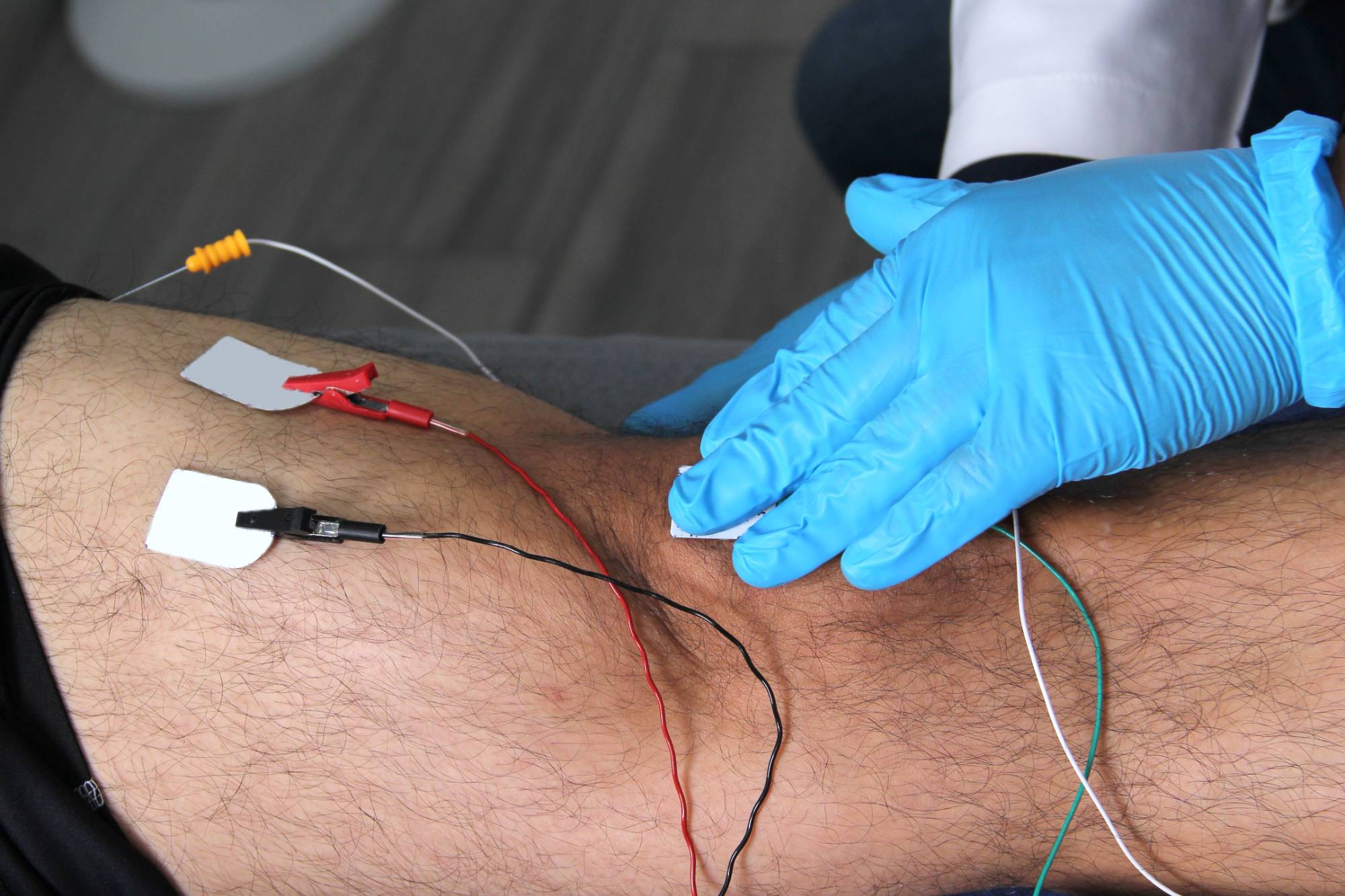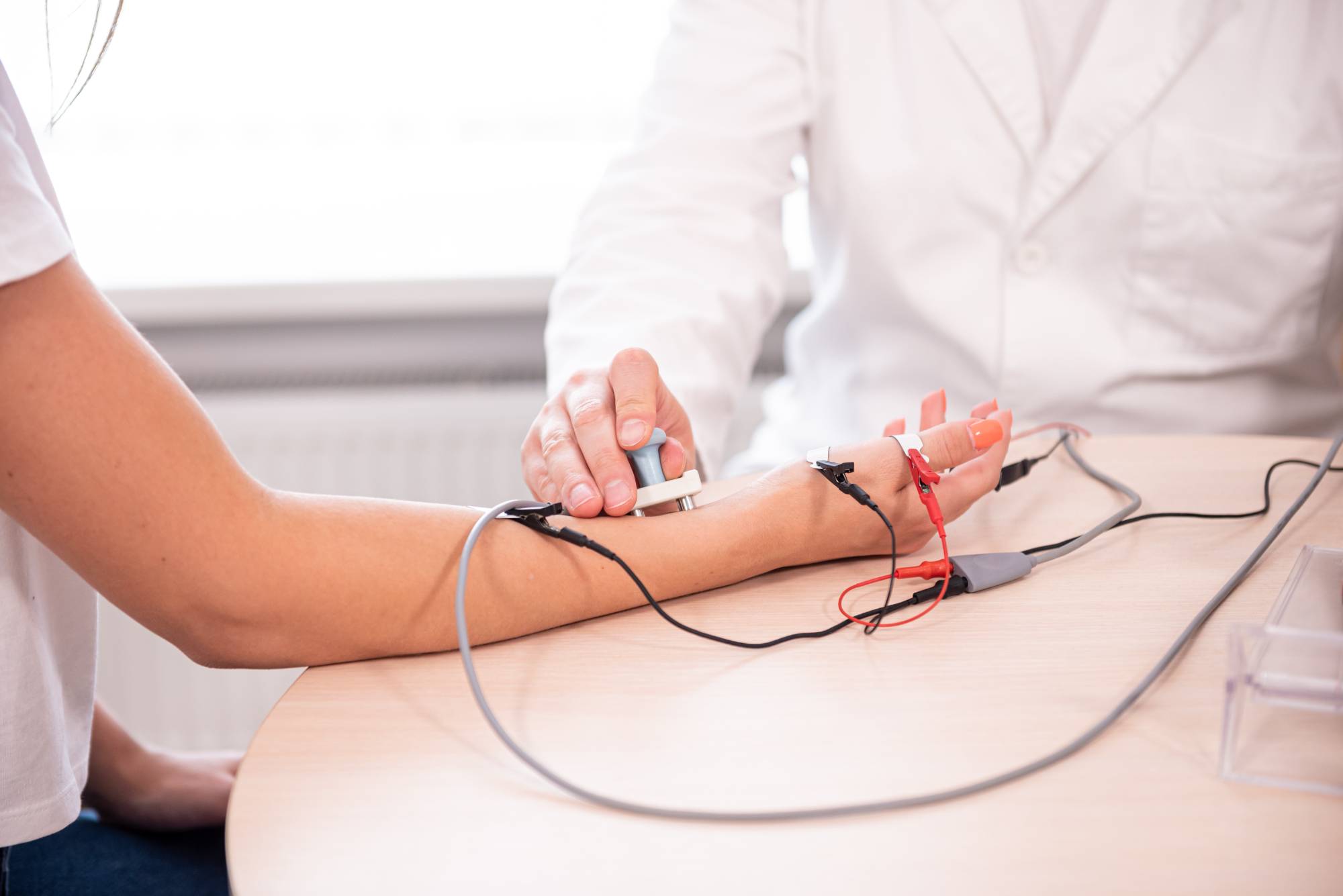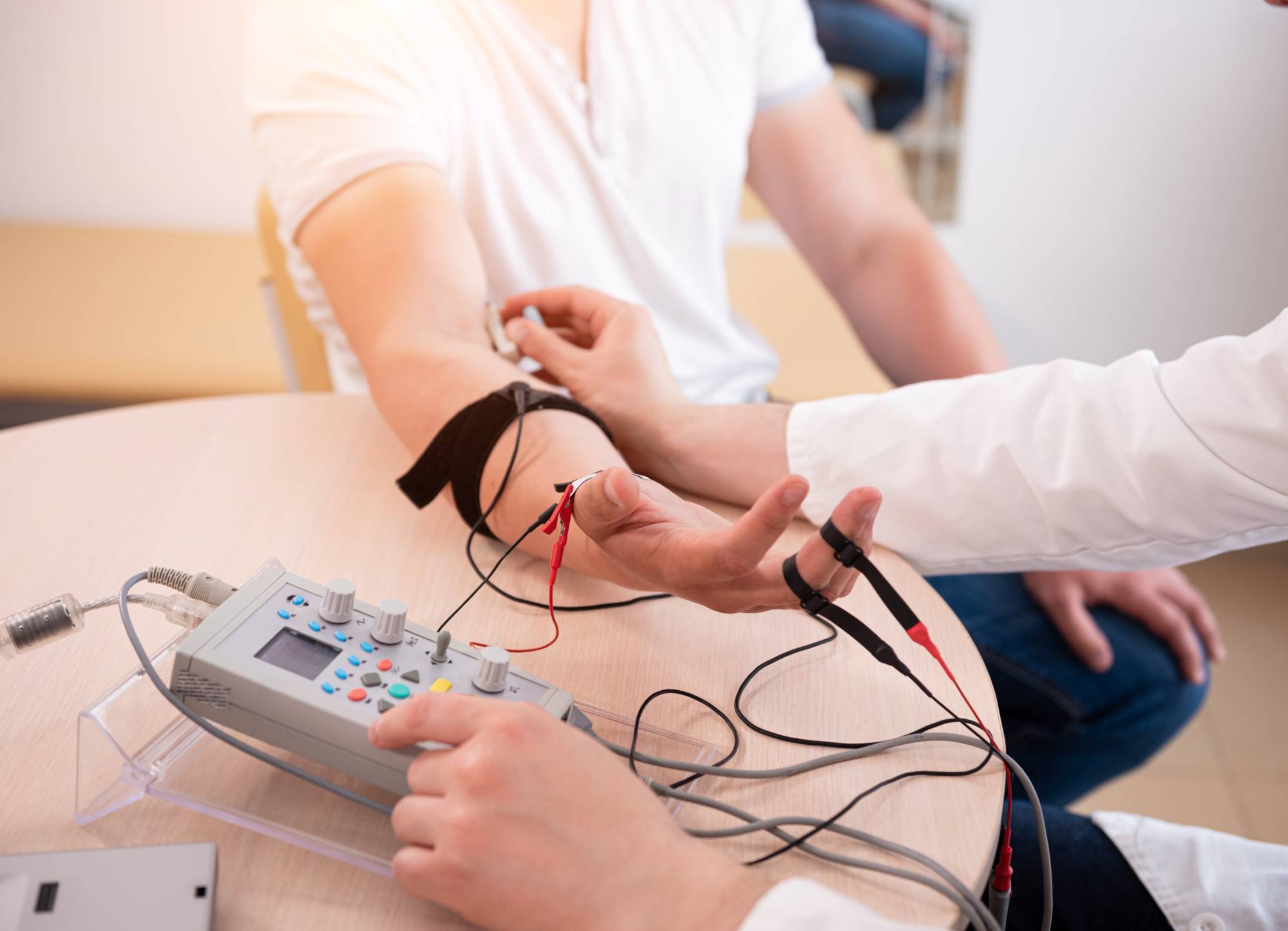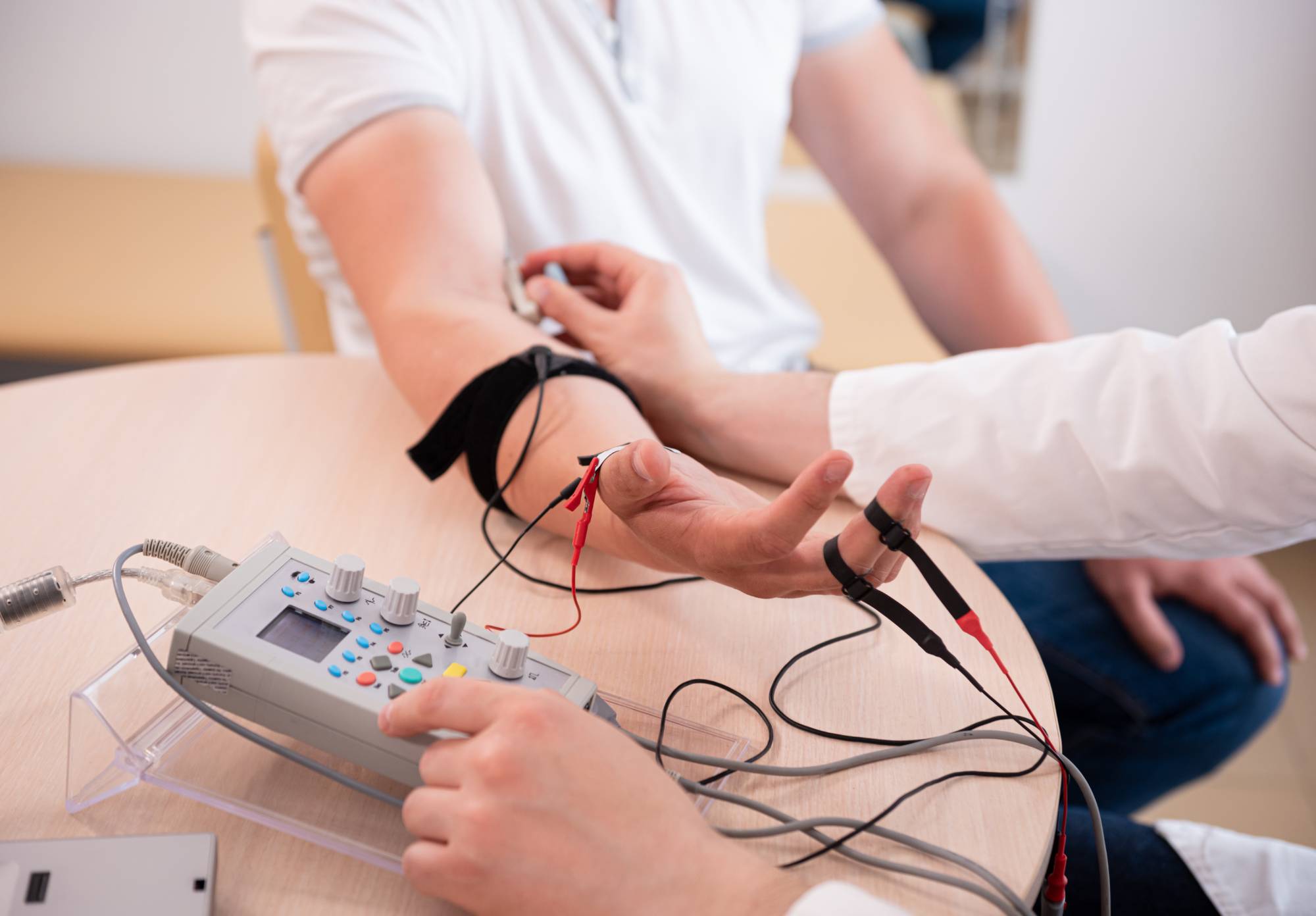Advanced electromyography testing that pinpoints exactly what’s causing your numbness, tingling, or muscle weakness.

Reviews

You’ve been dealing with symptoms that don’t make sense. Numbness in your hands that makes typing difficult. Weakness in your legs that wasn’t there six months ago. Tingling that keeps you awake at night.
EMG testing gives you the diagnostic clarity you need. Instead of guessing about nerve damage or muscle disorders, you get precise measurements of how your nerves and muscles actually function. The test identifies exactly which nerves aren’t working properly and how severe the problem is.
Most patients leave with a clear understanding of their condition and a path forward. Whether it’s carpal tunnel syndrome, peripheral neuropathy, or another nerve-related issue, you’ll know what you’re dealing with and what treatment options make sense for your specific situation.
We have been providing diagnostic testing and spine care to South Florida patients for years. Our practice focuses specifically on nerve and spine conditions, which means you’re working with specialists who understand exactly what you’re going through.
We use advanced EMG equipment and follow established protocols to ensure accurate results. Every test is interpreted by our board-certified physicians who specialize in nerve conduction studies and electromyography testing.
Located conveniently in Biscayne Island, we serve patients throughout the area who need reliable answers about their nerve and muscle function.

The EMG test happens in two parts. First is the nerve conduction study, where small electrical pulses measure how fast signals travel through your nerves. You’ll feel brief, mild shocks as electrodes test different nerve pathways. This part takes about 15-20 minutes.
Next is the electromyography portion, where thin needles are inserted into specific muscles to measure electrical activity. The needles detect whether your muscles respond normally to nerve signals. Most patients describe this as similar to getting blood drawn, with mild discomfort that passes quickly.
The entire process typically takes 30-45 minutes depending on which areas need testing. You get results immediately, with a detailed explanation of what the findings mean for your condition. Most patients can return to normal activities right after the test, though the tested areas might feel slightly sore for a day or two.

Ready to get started?
Your EMG testing includes both motor and sensory nerve evaluation to get a complete picture of nerve function. The test can diagnose conditions like carpal tunnel syndrome, ulnar neuropathy, peripheral neuropathy, radiculopathy, and various muscle disorders.
You receive detailed results interpretation on the same day, not weeks later. Our physician explains exactly what the electrical measurements mean and how they relate to your symptoms. You’ll understand whether your condition is mild, moderate, or severe, and what treatment options are most appropriate.
We coordinate directly with your referring physician, sending comprehensive reports that include specific recommendations for treatment. This means your care team has the information they need to move forward with targeted therapy, whether that’s physical therapy, medication, or other interventions.

New York:
Florida:
Support